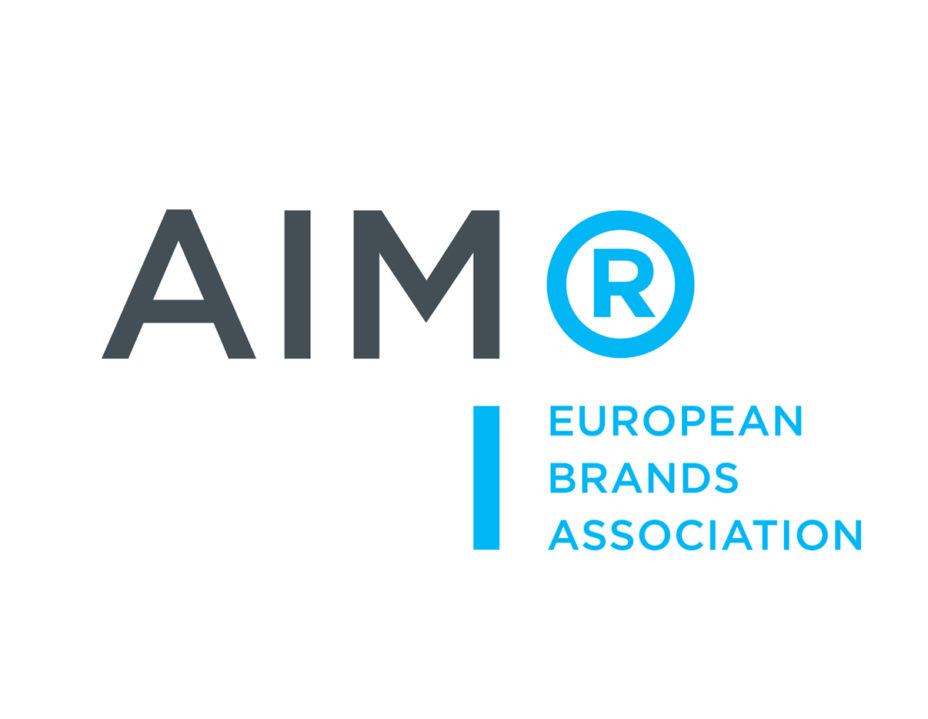
News & positions
IMCO favours platforms over EU consumers and legitimate businesses in report on Digital Services Act
Brussels, 14 December 2021 – AIM, the European Brands Association, deplores the overly pro-platform direction of the report adopted today by the European Parliament’s Internal Market and Consumer Protection (IMCO) Committee on the proposed Digital Services Act (DSA), leaving European consumers and legitimate EU businesses, including SMEs, behind.
AIM is deeply concerned by several policy recommendations put forward in the IMCO report on the DSA and other shortcomings, which if confirmed in plenary, would leave European consumers and businesses (in particular offline SMEs) unprotected in the face of the increase of counterfeit products offered for sale online.
AIM strongly advocates against:
- A limitation of the scope of Know-Your-Business (KYBC) obligations to traditional online marketplaces, instead of making it also applicable to other types of online intermediaries (such as social networks, live streaming websites or ad platforms) which facilitate the sale or promotion of counterfeit products.
“This policy choice ignores the reality of today’s online commerce and would allow rogue traders to move from pure online marketplaces to other types of online intermediaries which face less stringent rules,” notes Ms Gibbons.
- An exemption for small platforms, as well as the introduction of a so-called “waiver” for medium platforms, from certain due diligence obligations. Not only are they based on the false assumption that small and medium platforms would not have the means to implement such measures, but it is also unfair and unjustified to the majority of EU SMEs who are in fact brick-and-mortar shops, manufacturers or other offline businesses, who particularly suffer from significant revenue losses due to the increasing number of illegal products being sold online.
“Excluding small and medium platforms would create a major loophole and fail to effectively protect consumers and businesses against counterfeiting online” observes Michelle Gibbons, Director-General of AIM, underlining that “consumers are just as exposed to counterfeit products when shopping on small and medium platforms as when shopping on larger ones.” “Maintaining a safe place for European consumers is a cost of doing business and would level the playing field between offline and online marketplaces. It should not be seen as an extra “burden”,”adds Ms Gibbons.
- The requirement to represent “collective interests” and “independence” criterion in Article 19, §2, (b) to apply for trusted flaggers status, which would deny this status to individual brand owners, although they alone can authenticate their products.
“The claim that there must be a limit on the number of trusted flaggers because platforms would otherwise be swamped with brand owners’ notices does not hold water – platforms will only be swamped with notices if they are swamped with illegal goods – the answer is not to stick your head in the sand,” observes Michelle Gibbons.
In addition, the independence criterion creates legal uncertainty as to whether brand owners which have developed proprietary platforms (like social media apps) may apply for trusted flaggers status or have this status removed should they decide to develop online platforms in the future – although this would not make them less competent as a trusted flagger.
AIM is, moreover, disappointed by the fact that the IMCO Committee failed to introduce a stay down mechanism mandating platforms to take proactive measures to prevent the reappearance of content previously flagged and taken down. “Once goods or content have been specifically identified as illegal, platforms should not allow these offers to be reposted once again to deceive and defraud consumers,” notes Ms Gibbons.

AIM is, as a result, calling on MEPs to address these shortcomings by tabling appropriate amendments in plenary:
- Broadening the scope of KYBC obligations to hosting service providers. “Failure to do this would quickly render the DSA obsolete, as counterfeiters increasingly rely on these service providers to sell counterfeit products online,” notes Ms Gibbons.
- Mandating all platforms, no matter their size, to fulfil due diligence obligations set in the DSA. “Otherwise, rogue traders will simply move from bigger platforms to smaller ones,” observes Ms Gibbons.
- Deleting the “collective interests” requirement, as did the Council in its general approach, as well as the “independence” criteria to apply for trusted flaggers. “Brand owners are the best placed to assess whether their trademarks have been infringed,” observed Ms Gibbons.
- Introducing a stay down obligation on platforms to prevent previously flagged and subsequently removed illegal content from reappearing again on their services. “Without it, illegal goods will simply keep reappearing at a pace which brand owners will not be able to match with notices, endangering consumers and businesses alike,” notes Ms Gibbons.
Such amendments would enable DSA to tackle counterfeiting online more effectively, as well as to ensure a future-proof, cleaner, and fairer online space in which consumers and businesses alike are protected against illegal goods and rogue traders.
Contact
For further information, please contact: Amaury Libbrecht
Tel: +32 2 736 03 05 • Email: amaury.libbrecht@aim.be
About AIM
AIM (Association des Industries de Marque) is the European Brands Association, which represents manufacturers of branded consumer goods in Europe on key issues that affect their ability to design, distribute and market their brands. AIM’s membership comprises 2500 businesses ranging from SMEs to multinationals, directly or indirectly through its corporate and national association members.
